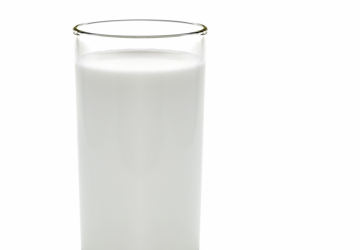Last week’s issue of TIME magazine featured an endorsement of America’s rising grocery prices. Yes, an endorsement. Claiming that obesity is the residual price of affordable food, TIME reporter John Cloud concludes that "it actually would be good if food cost a great deal more." But growing grocery bills won’t bring shrinking waistlines, because personal preferences drive dietary choices more directly than pocketbook concerns.
A 2005 study in the Review of Agricultural Economics found that taxing salty snack foods by as much as 20 percent would only make a small dent in purchase patterns — equivalent to a 0.25-pound weight loss per year for the average snacker. And a 2004 report in Nutrition Reviews found that during an economic crisis, households will buy fewer staple items (like cereals and grains) in order to continue consuming sodas and snacks. Consequently, Cloud’s theory that changing the price tag will directly change snack consumption is a gross oversimplification.
Food cops, who campaign to remake our diets through fat taxes and warning labels, erroneously assume that consumers only eat "junk food" because of tight finances or a lack of information. But health food is cheap, and nutrition information is everywhere. One USDA report found that there are literally "127 different ways to eat a serving of fruits and vegetables for less than the price of a 3-ounce candy bar."




